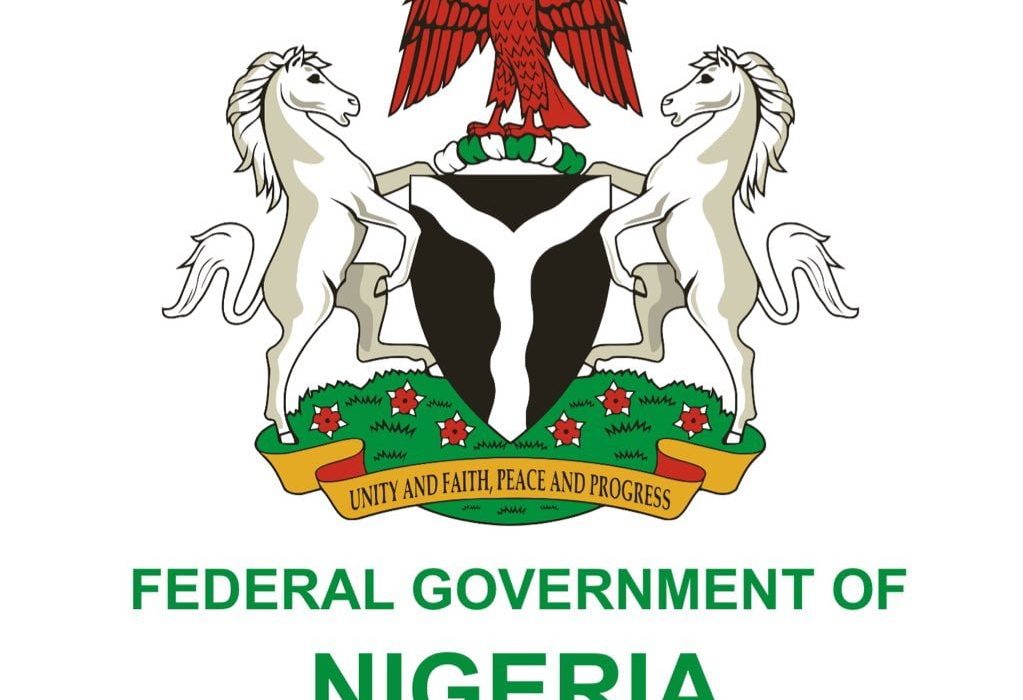Economic projections from top government and industry analysts suggest that Nigeria could attain a $1 trillion economy by 2026, with prospects of reaching a staggering $3 trillion before the end of the decade — if current reforms and growth trends are sustained.
The optimistic forecast is rooted in the country’s recent macroeconomic reforms, including the removal of fuel subsidy, foreign exchange unification, and ramped-up investment in infrastructure, technology, and the non-oil sectors. These structural adjustments, according to experts, are gradually unlocking Nigeria’s vast economic potential.
With Nigeria already recording significant improvements in revenue generation, trade performance, and non-oil exports in Q1 2025, stakeholders believe the trajectory can be maintained through effective implementation of fiscal policies, improved ease of doing business, and enhanced productivity across key sectors like agriculture, manufacturing, energy, and digital services.
According to policymakers, achieving this economic scale will require sustained public-private collaboration, stronger regulatory institutions, human capital development, and security across regions to enable a more inclusive and expansive growth pattern.
If realized, a $3 trillion economy would not only make Nigeria the leading economic powerhouse in Africa but also reposition the country as a major global emerging market.
